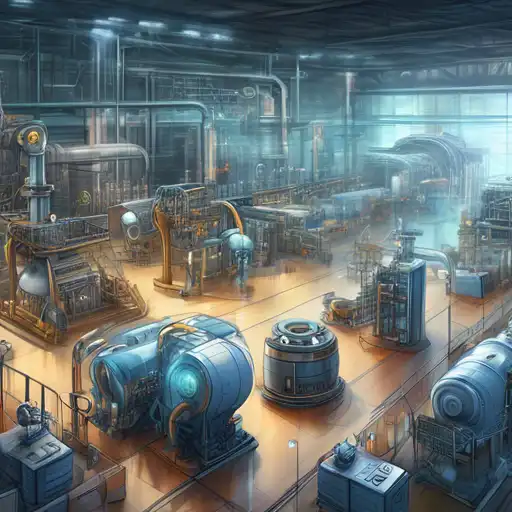The Transformative Role of IoT in Industrial Automation
The Internet of Things (IoT) is reshaping the landscape of industrial automation, bringing about unprecedented levels of efficiency, productivity, and innovation. By integrating smart devices and sensors into manufacturing processes, businesses are able to harness real-time data, optimize operations, and reduce downtime. This article explores the profound impact of IoT on industrial automation and how it's driving the future of manufacturing.
Understanding IoT in the Context of Industrial Automation
IoT refers to the network of physical devices embedded with sensors, software, and other technologies for the purpose of connecting and exchanging data with other devices and systems over the internet. In industrial automation, IoT enables machines to communicate with each other and with central control systems, facilitating automated decision-making and process optimization.
Key Benefits of IoT in Industrial Automation
- Enhanced Efficiency: IoT devices monitor and adjust operations in real-time, significantly improving efficiency.
- Predictive Maintenance: Sensors predict equipment failures before they occur, minimizing downtime.
- Energy Savings: Smart systems optimize energy use, reducing costs and environmental impact.
- Improved Safety: IoT technologies enhance workplace safety by monitoring hazardous conditions.
Challenges and Considerations
Despite its benefits, integrating IoT into industrial automation presents challenges, including cybersecurity risks, the need for significant upfront investment, and the complexity of managing vast amounts of data. Businesses must carefully plan their IoT strategies to address these issues effectively.
The Future of IoT in Industrial Automation
The future of industrial automation lies in the further integration of IoT technologies, paving the way for smarter, more connected factories. Innovations such as Industry 4.0 are already demonstrating the potential of IoT to revolutionize manufacturing processes, making them more agile, customizable, and efficient.
As IoT continues to evolve, its impact on industrial automation will only grow, offering businesses new opportunities to innovate and compete in the global market. The key to success lies in embracing these technologies, overcoming the challenges they present, and leveraging them to drive operational excellence.
